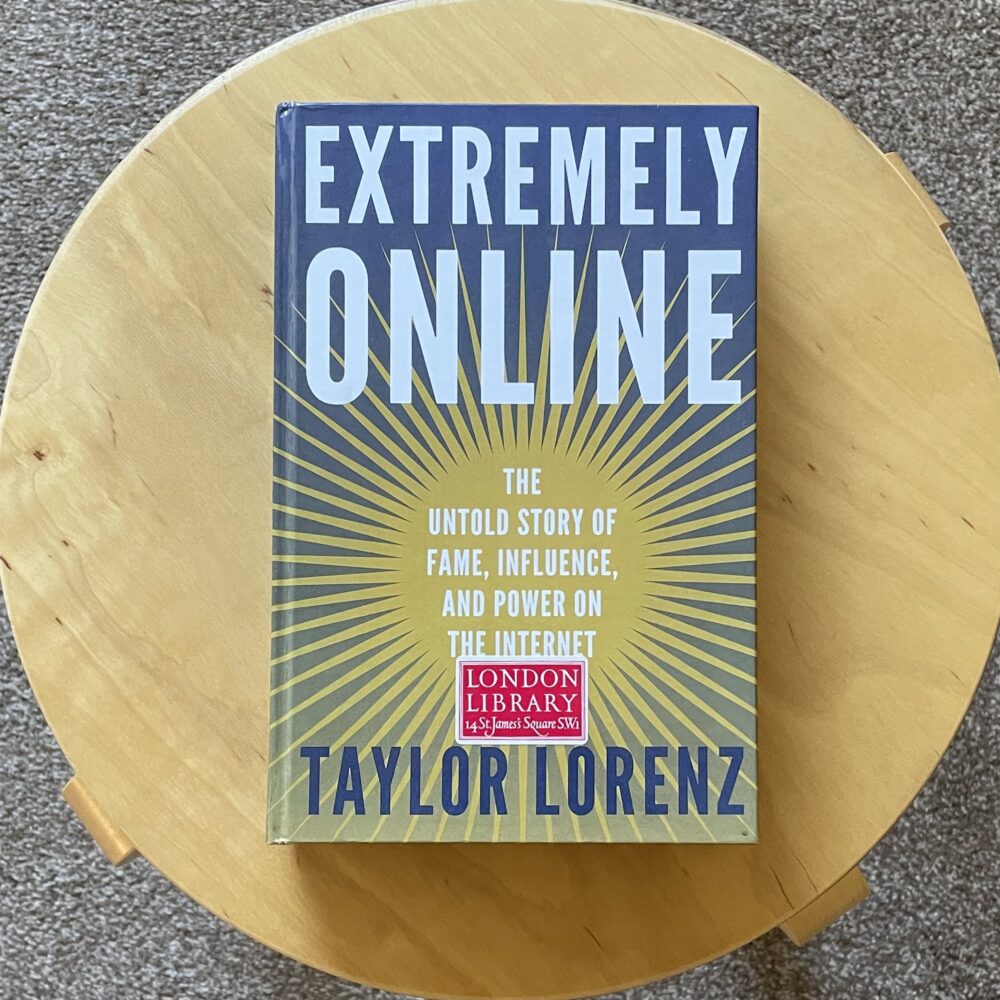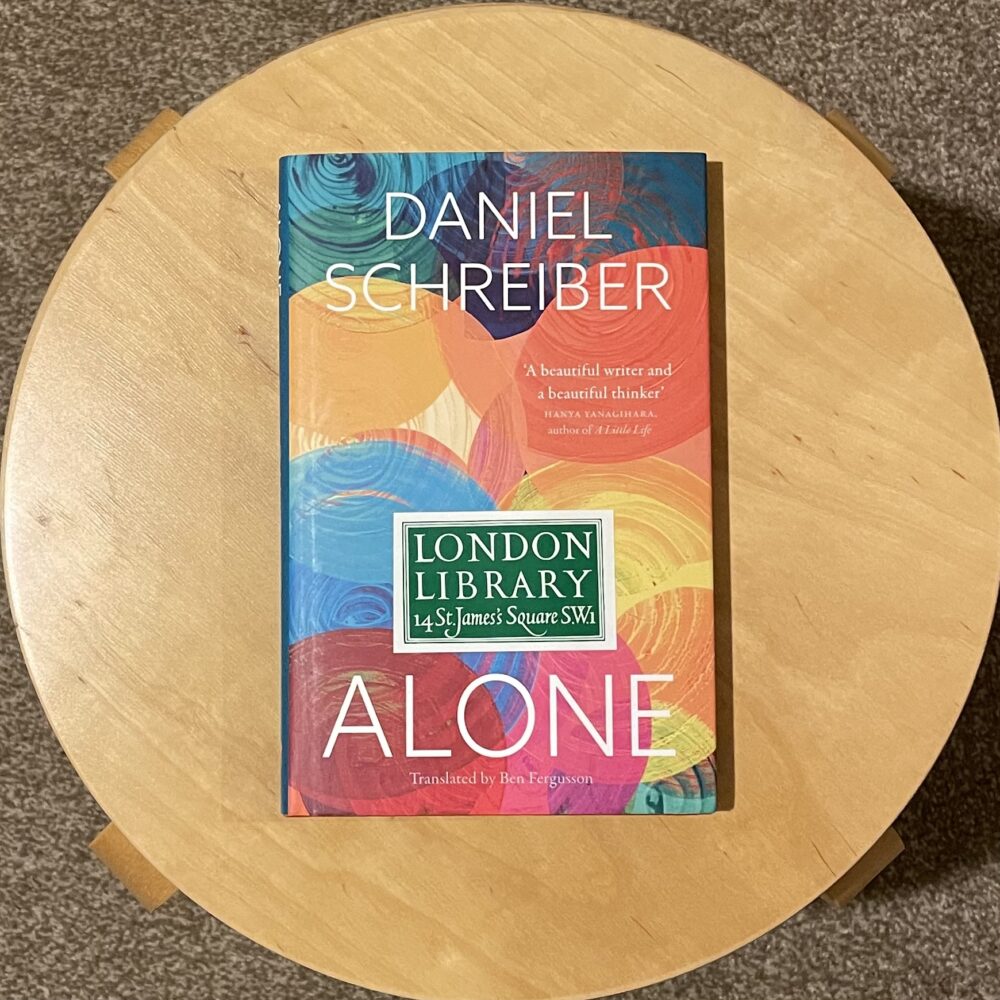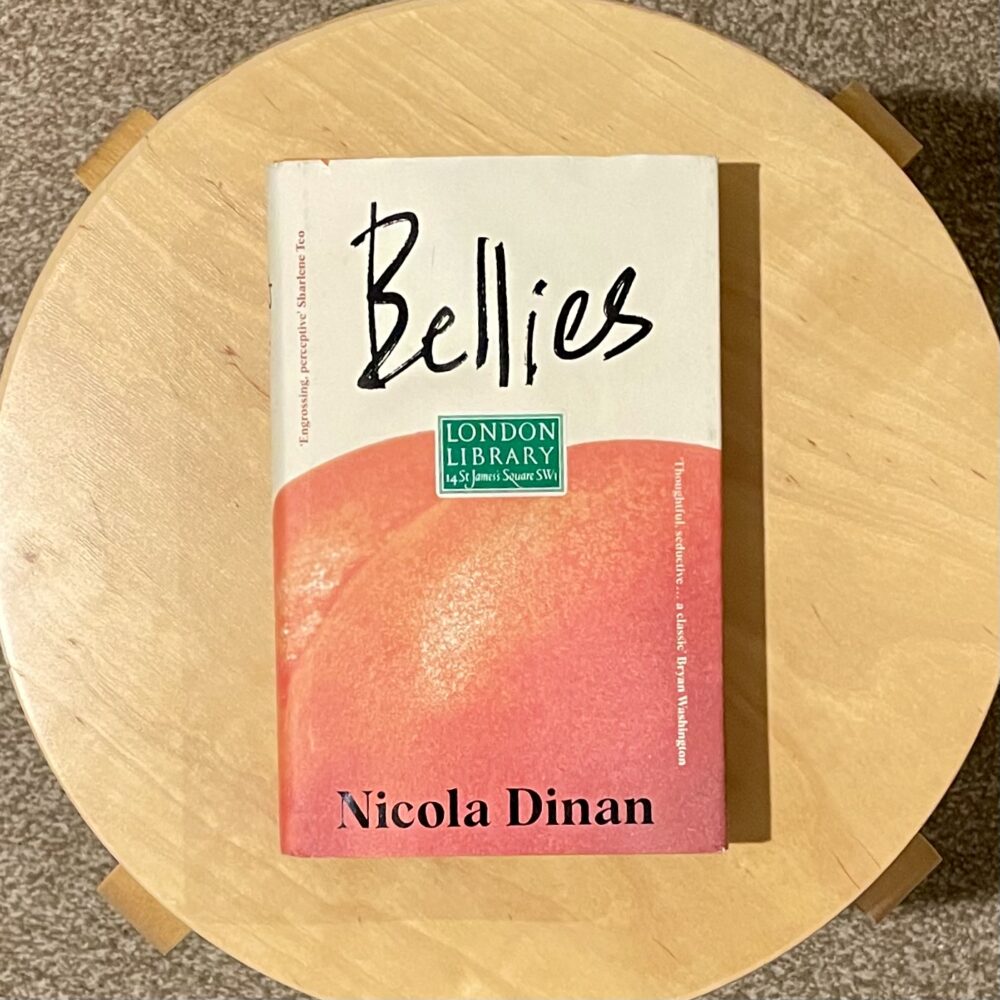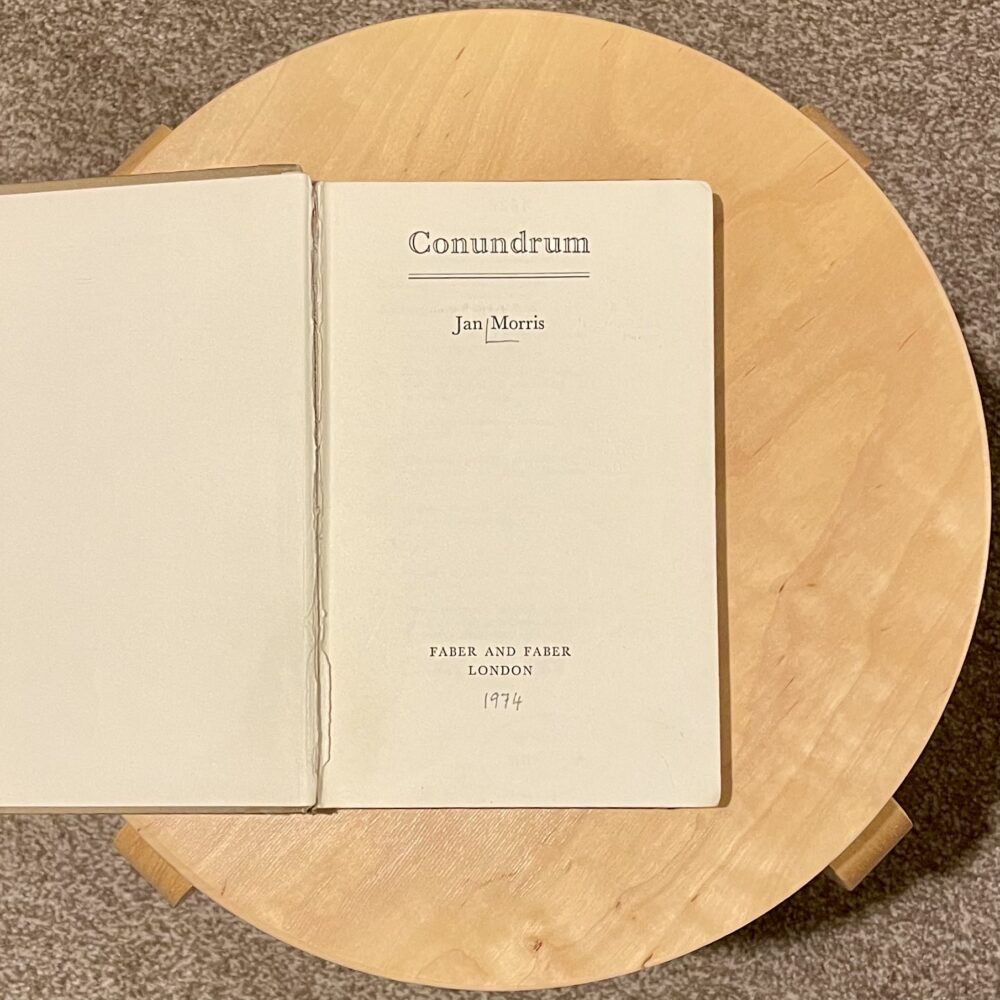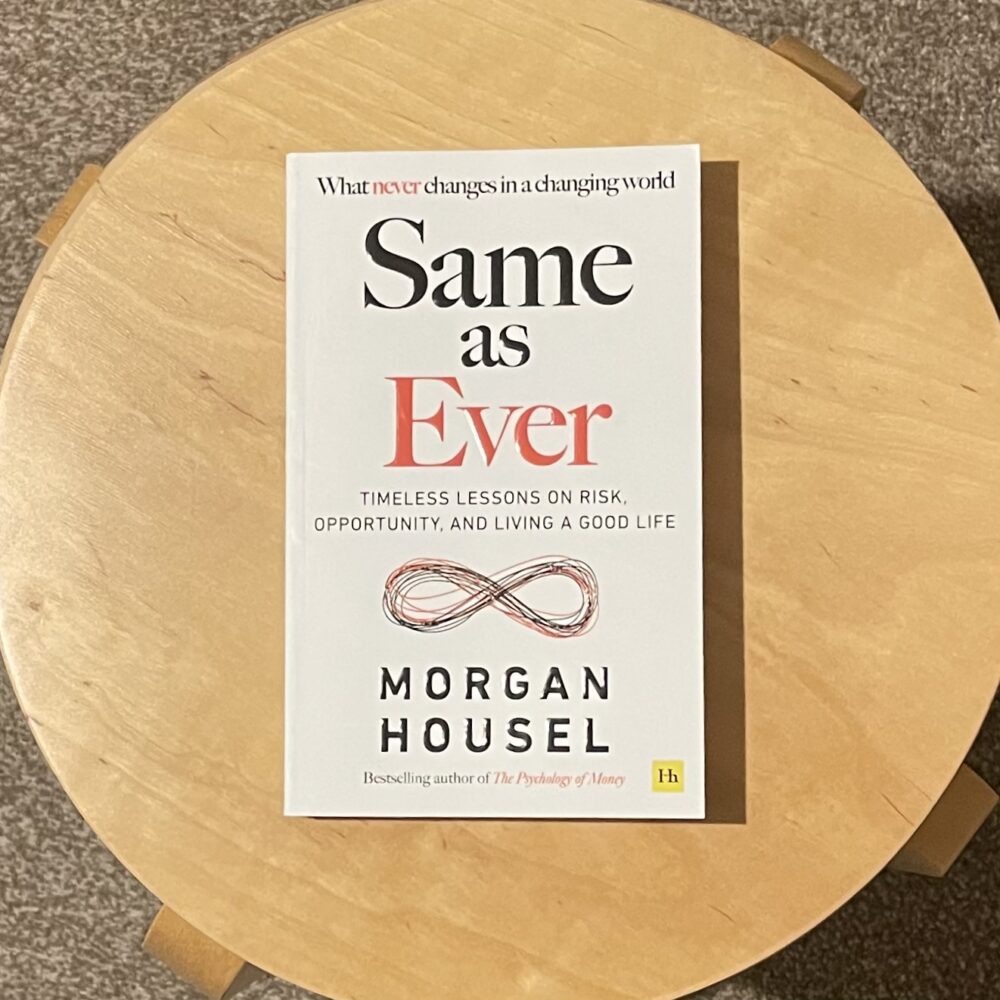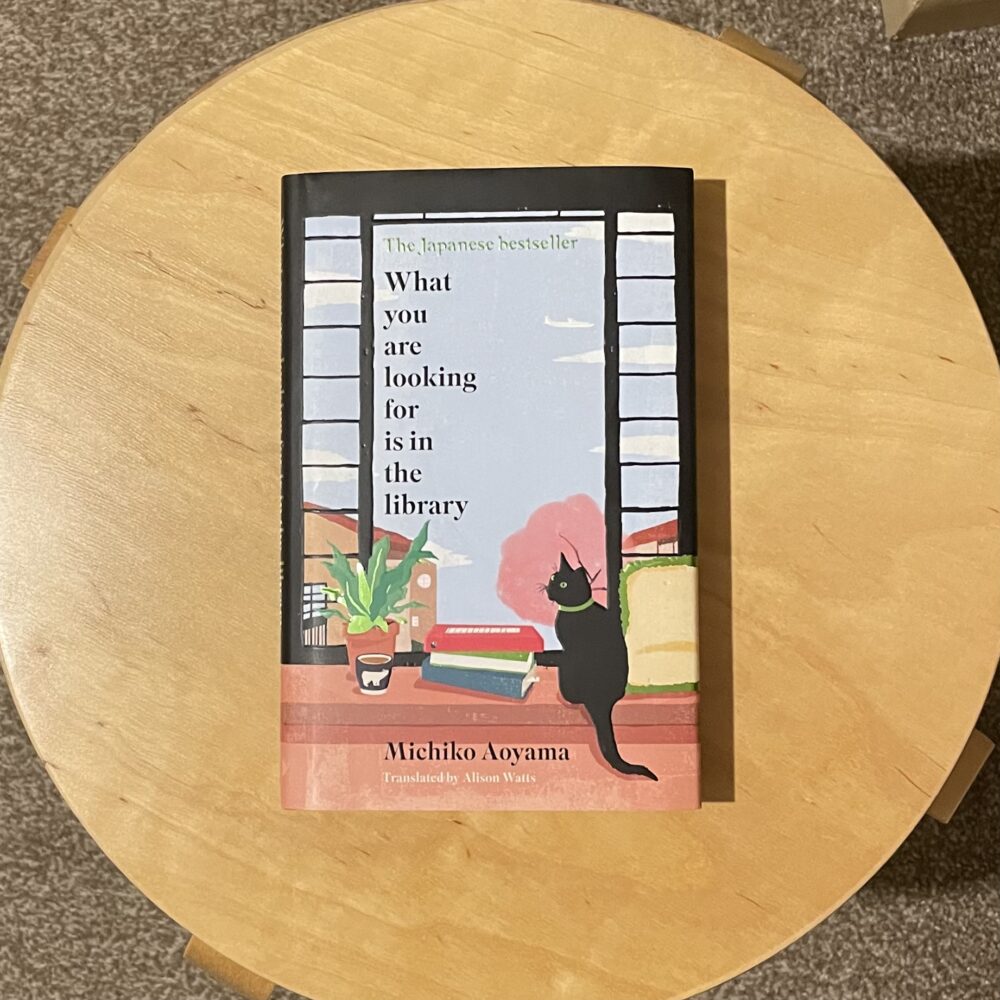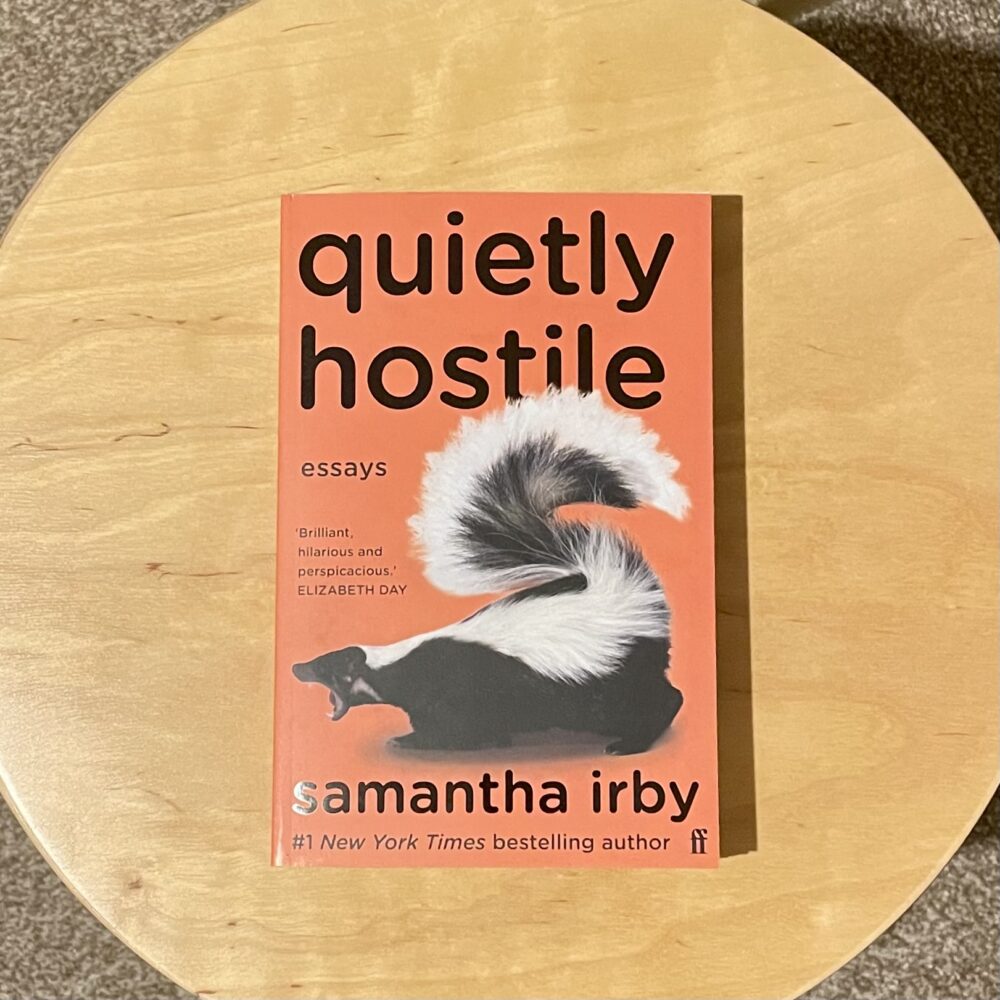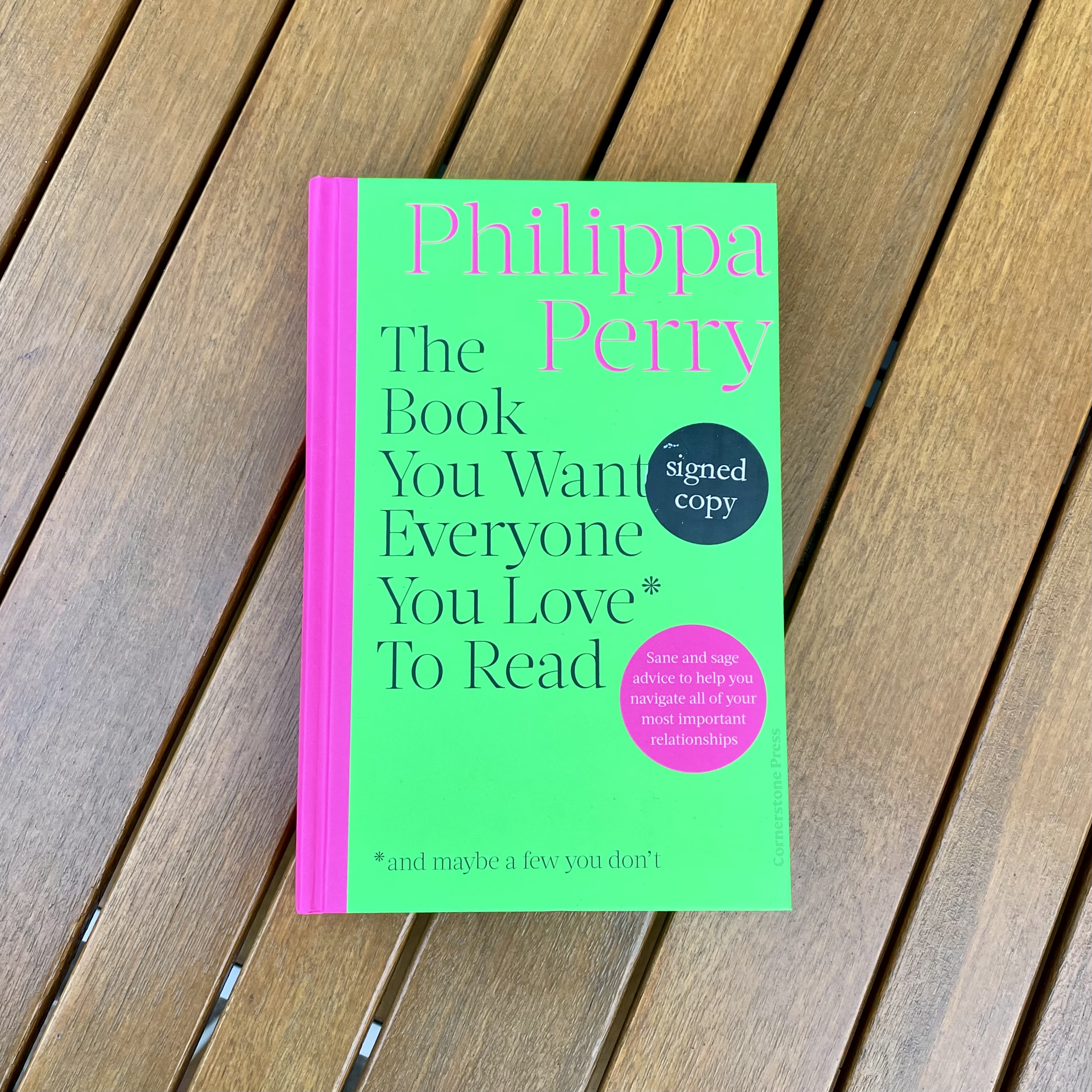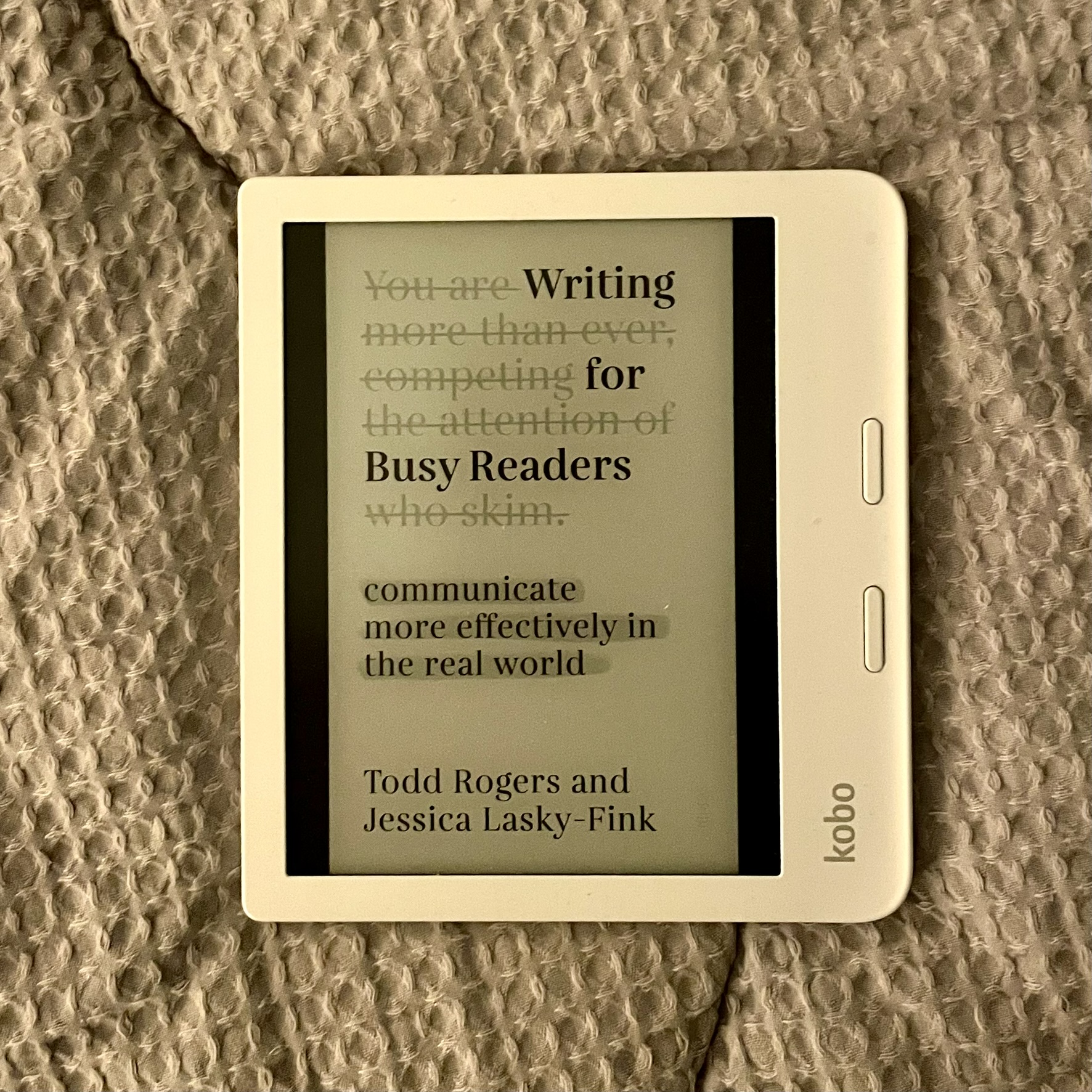‘Boulder’ by Eva Baltasar
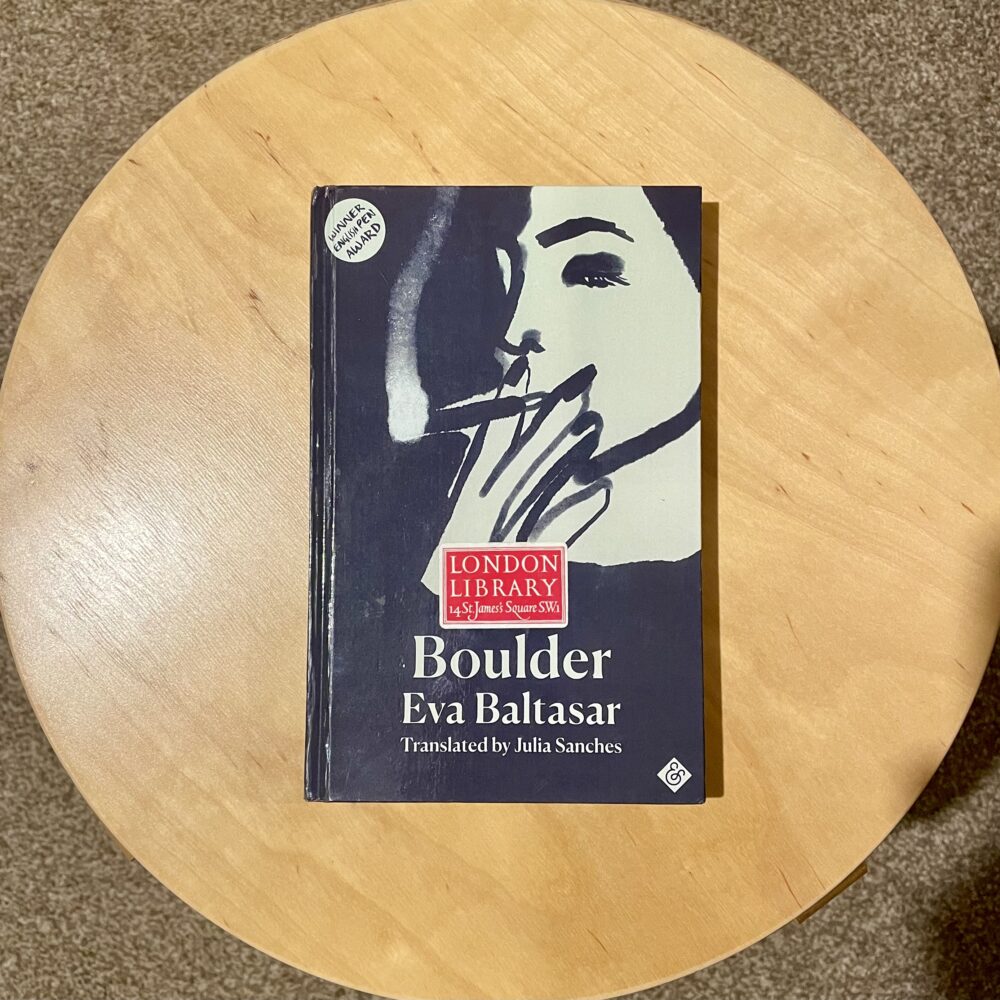
I came across Julia Sanches’s translation of Eva Baltasar’s Catalan 2020 novel after it was shortlisted for the International Booker Prize. It’s a short book, just 112 pages. The main beats of the plot are that the female protagonist falls in love with a woman called Samsa, they form a long-term relationship, and Samsa ultimately decides to have a child.
But, really, this is a book which is character-driven rather than plot-driven. As with the title, there are a lot of metaphors about geological formations and processes, reflecting how the emotional landscape in which we all live shifts over time. Despite the allusions to large expanses, the book feels claustrophobic: we’re stuck in the mind of the protagonist, a mind which is narrowly focused on her personal situation. The claustrophobia is leavened by humour, some of it deliciously dark.
This book perfectly evoked the main character’s feelings: it was a perfect marriage of language and emotion. I found the whole thing quite moving.
Some passages I highlighted:
I’m not a chef, I’m just a mess-hall cook, capable and self-taught. The thing I most enjoy about my job is handling food while it’s still whole, when some part of it still speaks of its place in the world, its point of origin, the zone of exclusion that all creatures need in order to thrive. Water, earth, lungs. The perfect conditions for silence.
I can give anything up, because nothing is essential when you refuse to imprison life in a narrative.
I look at her and feel woozy, even though she’s Scandinavian and makes her living from a multinational with blood on its hands. I look at her and she fills every corner of me.
The first person who had the idea of building a pyramid must have been insane. What about the guy who thought it made sense to stick someone in a rocket and shoot them at the stars? Samsa is crazier than the two of them put together.
Small children have the power to impose their happiness on the everyday anxieties of grown-ups. Their power is short-lived, a gold dust that dresses the shoulders and reminds you that you’re more than just an ordinary soldier, a sailor. It’s hardly noticeable. Grown-ups have lost all interest in shiny things. A grown-up is the opposite of a magpie.
It’s not that I think small talk is dumb, it’s that I’m pretty sure it’s more reckless than adopting a pet rat during a plague.
This post was filed under: What I've Been Reading, Eva Baltasar, Julia Sanches.
